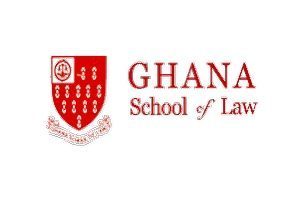Law students say A-G’s special exam proposal for 499 candidates problematic
 The National Association of Law Students has described as “problematic” a proposal by the Attorney General (A-G) to the General Legal Council (GLC) to organise a special admission examination for the 499 students who passed the Ghana School of Law (GSL) entrance examination but were denied admission.
The National Association of Law Students has described as “problematic” a proposal by the Attorney General (A-G) to the General Legal Council (GLC) to organise a special admission examination for the 499 students who passed the Ghana School of Law (GSL) entrance examination but were denied admission.
The President of the Association, Mr Asare Hassan, told the Ghana News Agency in an interview that, the proposal, if granted by the GLC, would not serve the interest of the students, adding “you might not get the best from the students looking at the situation.”
“We find that option very problematic. If the students have passed the exam then why would you introduce another exam? Within 18 days they are supposed to write this exam; you can just imagine the trauma, psychological effect and the stress involved,” he said.
Mr Godfred Yeboah Dame, the Attorney General and Minister of Justice, in a letter to the GLC, dated November 1, 2021, advised the Council to admit all the 499 students who were denied admission.
The letter proposed three ways by, which the students could be admitted into the GSL.
Mr Dame firstly proposed that the students could be offered deferred admission in May 2022, and further suggested that the Council could admit all the 499 students now, with effect from November 2021.
The third proposal from the AG is for the GLC to organise special admission examination for the students to “accord the 499 candidates an opportunity to justify admission to the Law School for the 2021/2022 academic year.”
Mr Dame’s letter followed two separate petitions to President Nana Addo Dankwa Akufo-Addo by the students, seeking the President’s intervention.
Mr Hassan said the first advice that the GLC should admit all the 499 students now “is the best option.”
The General Legal Council is the main regulatory body for the conduct and administration of legal education and profession in Ghana.
Established in 1960, the Council is empowered and authorised to determine the policy and focus of legal education and training as well as the regulation of professional legal practice and ancillary matters.
Source: GNA
